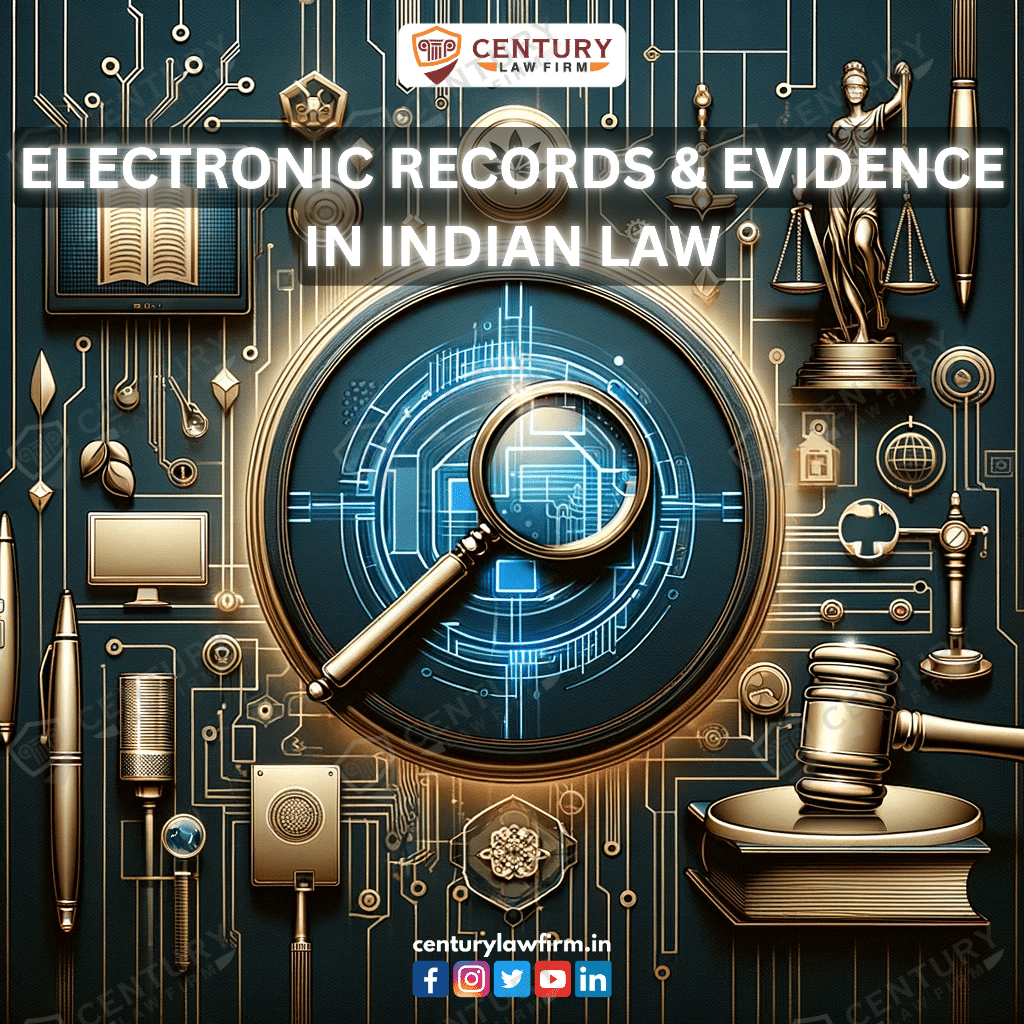Revolutionizing Justice: Unveiling India’s 2023 Legal Reforms – Bharatiya Nagarik Suraksha Sanhita (BNSS), Bharatiya Nyaya Sanhita (BNS), and Bharatiya Sakshya Sanhita (BSS)
From Vision to Reality: The Evolution of India’s Legal Reforms As we reflect on the significant strides made in the Indian legal system with the enactment of the Bharatiya Nagarik Suraksha Sanhita, Bharatiya Nyaya Sanhita, and Bharatiya Sakshya Sanhita, it’s enlightening to revisit our initial analysis when these transformative changes were first proposed as bills. […]








